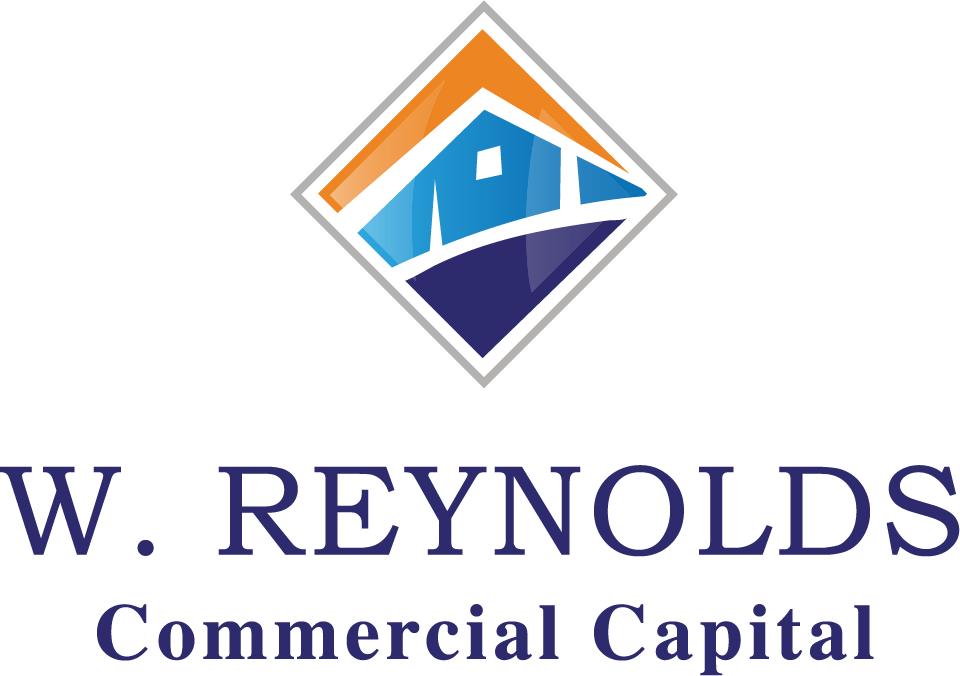Factoring 101: A Complete Guide for Small Business Owners
Small business owners looking to increase cash flow for their business operations usually have multiple options when it comes to securing funding. One of the options is business factoring. For those who thought factoring only related to high school math, there is much to be learned. In the business world, factoring is the process of selling off your accounts receivables to an approved financing company for immediate cash. This method of securing and managing cash flow is often used by businesses that don’t have other financial options available.
If your business is in a tight spot due to lack of cash flow, factoring is an attractive option. For example, if your company has provided a good or service to a customer, you invoice them and wait for payment. However, sometimes payment can take anywhere from thirty to ninety days (or more if your customer is late) to receive payment on the invoice. While you’re waiting for that invoice payment, operating costs and various business expenses begin to add up. This is where factoring comes in handy for small businesses—especially those who haven’t yet established a large enough customer base or have a poor credit history.
Despite the benefits, factoring also comes with a lot of risk. One of those risks is the high interest rates that factoring is normally associated with. It is also extremely important to look into the background, history, and stability of your chosen factoring company to avoid fallouts due to hidden contract details, shady operations, and guarantees that put your personal assets at risk. Do your research to find out how long the company has been in business, where their headquarters is, what testimonials say about the company, and the company’s Better Business Bureau ratings. Knowing your chosen factoring company inside and out will save you time, money, and headaches in the long run.
Think factoring may not be for you? If you have a young business and are finding it difficult to secure traditional funding through banks, there are several alternatives to secure cash for your business in times of need. A platform lender, for example, has the ability to analyze your business’s financial health and provide a safe factoring alternative without charging high interest rates and putting your personal assets at risk. If you’re not sure about doing business with a factoring company, make sure heavily research your options for alternatives. If you find a reputable organization, then factoring is nothing to fear and will likely help your business grow.

